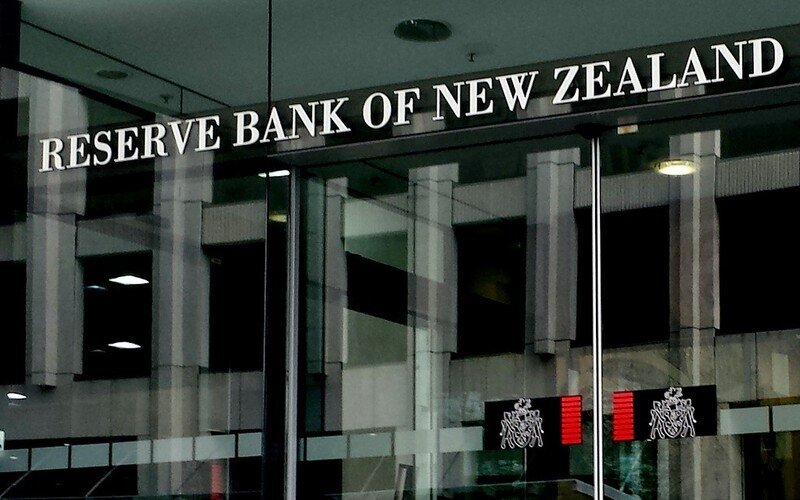NZ central bank stops raising rates after the 14-year peak. After raising rates to 5.5% on Wednesday, New Zealand’s central bank signaled it was done tightening.
The New Zealand currency fell 1.25% after the Reserve Bank of New Zealand (RBNZ) announced it would keep the official cash rate (OCR). Markets had expected additional hikes.
The OCR forecast was unchanged. “It says they’re done (hiking),” said Westpac’s new strategy head Imre Speizer. “That’s shocking.”
He said the statement was dovish.
According to the monetary policy statement (MPS) accompanying the rate decision, the RBNZ expects the official cash rate to peak at 5.5% and stay there until at least the middle of 2024 to return inflation to a target zone of 1% to 3%.
Since October 2021, the RBNZ has raised rates by 525 basis points to fight inflation. Since 1999, it has tightened policy the most.
At a media conference, RBNZ Governor Adrian Orr said there were signs higher interest rates were working.
“It’s good to see some of the items we wanted already here. “The lower GDP surprise, the decline in inflation, and all the indicators that suggest the interest-sensitive parts of the New Zealand economy are yielding,” he said.
The RBNZ expects the economy to contract in the second and third quarters of 2023, but it sees the recession as brief and constructive because it will restrict spending and lower inflation.
New Zealand’s annual inflation has fallen to 6.7%, just below a three-decade peak, and is expected to revert to the central bank’s 1% to 3% target within two years.
After the rate decision, the New Zealand currency fell 1.25% to a three-week low of $0.6168, while benchmark two-year interest rate swaps fell to 5.1970% from a 14-year high of 5.5750%.
Some economists expect upside risks to the central bank’s outlook due to record migration and the government’s budget’s impact on inflation.
Westpac New Zealand chief economist Kelly Eckhold said that the RBNZ’s belief that migration will swiftly reverse and not increase property market or inflation pressures was a risk element.
“The bottom line is that this central bank sees itself on hold for a protracted period,” he said.













































Comment Template